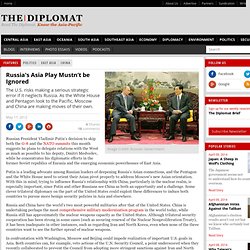

China airline cuts flights to Philippines. BEIJING, May 15 (Xinhua) -- China Southern Airlines, one of the three major Chinese airlines, on Tuesday announced it is cutting flights to the Philippines as tourist numbers shrink amid tensions in the South China Sea.

China Southern will reduce its number of flights between China's Guangzhou city and Manila, capital of the Philippines, to just one a day on certain dates from May 26 to June 30. The airline normally operates two flights daily on the route. A spokesman for the airline said the adjustment was made in accordance with the cancellation of "a large number of tourist groups" lately. Major Chinese travel agencies have announced cancellation of package tours to the Philippines upon travel safety advice issued by the National Tourism Administration earlier this month.
It came after the Chinese Embassy in the Philippines warned Chinese citizens of "massive anti-China demonstrations" related to the Huangyan Island incident. Russia’s Asia Play Mustn’t be Ignored. The U.S. risks making a serious strategic error if it neglects Russia.

As the White House and Pentagon look to the Pacific, Moscow and China are making moves of their own. Russian President Vladimir Putin’s decision to skip both the G-8 and the NATO summits this month suggests he plans to delegate relations with the West as much as possible to his deputy, Dmitri Medvedev, while he concentrates his diplomatic efforts in the former Soviet republics of Eurasia and the emerging economic powerhouses of East Asia. Putin is a leading advocate among Russian leaders of deepening Russia’s Asian connections, and the Pentagon and the White House need to orient their Asian pivot properly to address Moscow’s new Asian orientation.
With this in mind, trying to influence Russia’s relationship with China, particularly in the nuclear realm, is especially important, since Putin and other Russians see China as both an opportunity and a challenge. An Asian Security Standoff. PIVOTAL MOMENTS in history are seldom anticipated. And when change is systemic, this rule is even truer. There are unmistakable signs in East Asia, however, that the old, U.S. -dominated order can no longer be sustained in the face of China’s emerging challenge and the relative weakness of both the United States and Japan. A failure of American diplomacy to adjust to these new power realities, or of China to accommodate long-standing U.S. and Japanese interests, could jeopardize the promise of the much-heralded Asian century and return East Asia to its bloody and fractious past.